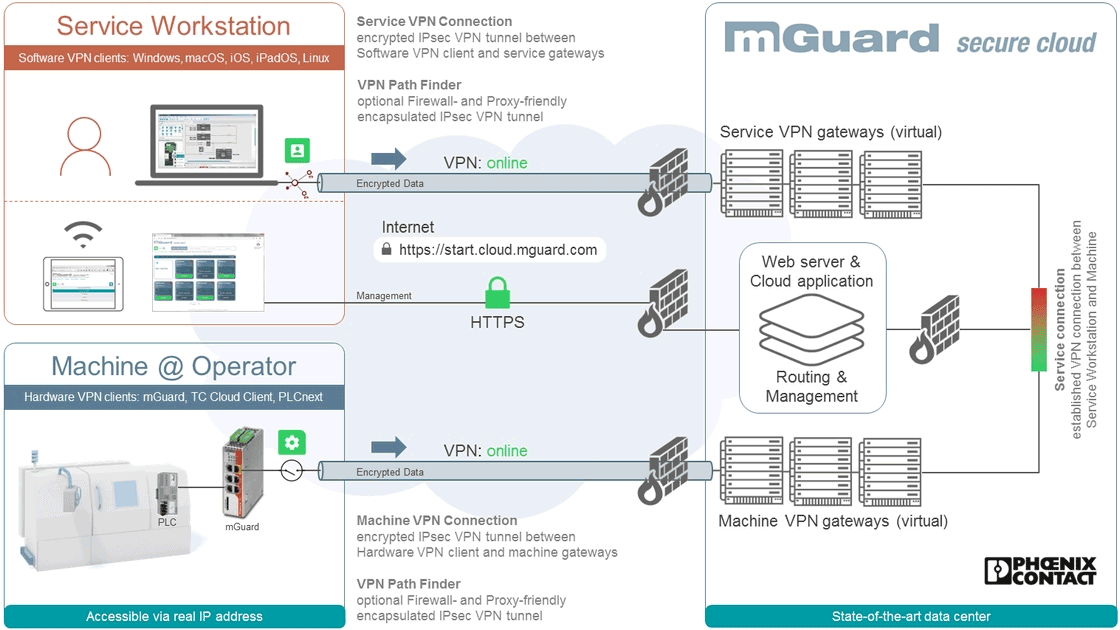

Protect and Defend (PR) - Identifies, analyzes, and mitigates threats to internal IT systems and/or networks.Oversee and Govern (OV) - Provides leadership, management, direction, or development and advocacy so the organization may effectively conduct cybersecurity work.Operate and Maintain (OM) - Provides the support, administration, and maintenance necessary to ensure effective and efficient information technology (IT) system performance and security.Securely Provision (SP) - Conceptualizes, designs, procures, and/or builds secure information technology (IT) systems, with responsibility for aspects of system and/or network development.This NICE list from NIST breaks down cybersecurity roles into seven key “workforce categories.” As part of its National Initiative for Cybersecurity Education (NICE), the National Institute of Standards and Technology (NIST) created a detailed set of guidelines to help private-sector organizations assess and improve their ability to prevent, detect and respond to cyberattacks. government, among the world’s largest cybersecurity employers (see: ). There is a broad range of different categories of cybersecurity jobs, and it is often said that the list of job duties and responsibilities is particular to the position and the organization in question. USD Cybersecurity Jobs Report > 7 Key Cybersecurity Workforce Categories puts the situation in blunt terms: “The Cybersecurity Talent Gap = an Industry Crisis.” In other words, this is definitely a time of opportunity. In fact, one notable and oft-reported estimate forecasts 3.5 million unfilled cybersecurity jobs by 2021. One thing that is definitely working in your favor: Businesses and government agencies of all shapes, sizes and missions are in need of cybersecurity professionals - and there just isn’t enough talent to go around.
MGUARD SECURE CLOUD START GUID HOW TO
So how do you to get your foot in the cyber door? Read on for tips and strategies on how to position yourself for entry-level IT security jobs. Some 88% of cybersecurity postings specify at least a bachelor’s degree or higher, and roughly the same percent demand at least three years of experience.” According to a “State of Cybersecurity Hiring Report” from Burning Glass Technologies, “Most cybersecurity employers aren’t looking for newbies, and they aren’t looking for those without a college degree, either. However, research shows that even many entry-level cybersecurity jobs require 3-5 years of related experience. Salaries for entry-level cybersecurity jobs also run significantly higher than in many other industries - attracting new talent to this exciting, vitally important and fast-moving field. Experts describe the cybersecurity job landscape as “a seller’s market” with zero percent unemployment, as organizations across all industries offer high salaries for top talent.


 0 kommentar(er)
0 kommentar(er)
